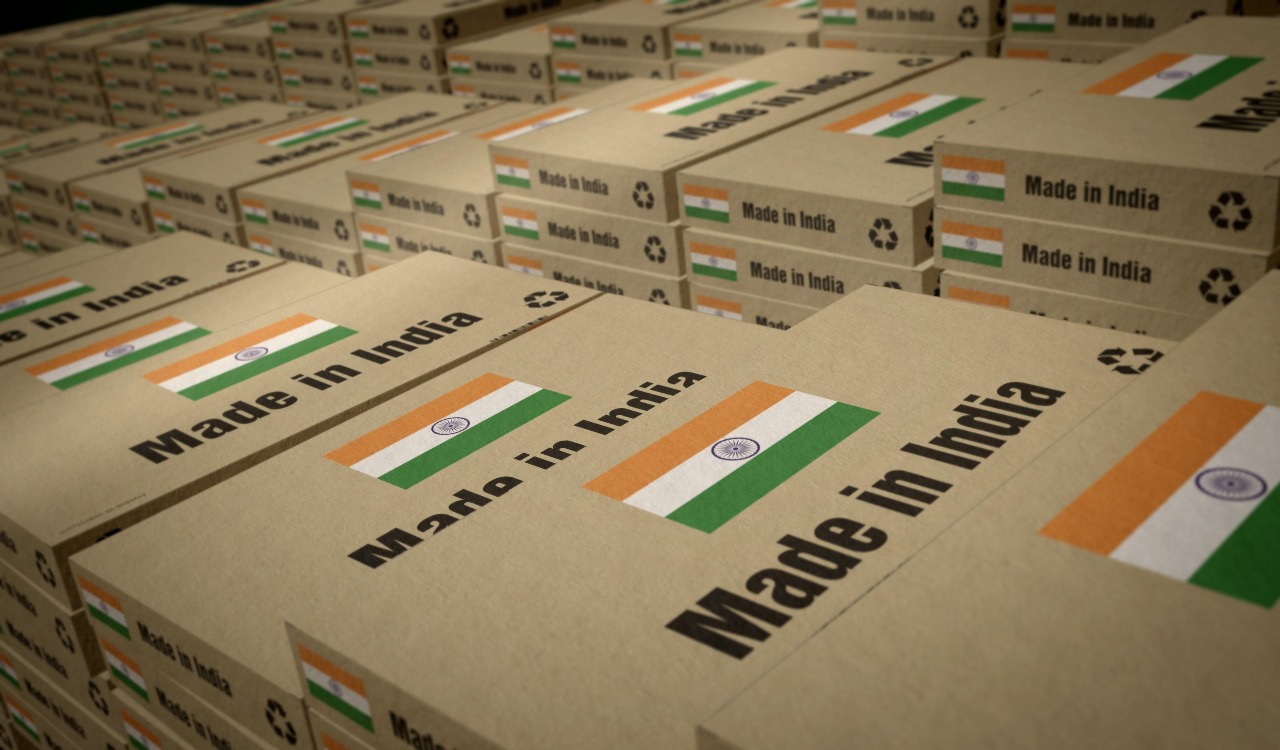 Image Source: Business Standard
Image Source: Business Standard
As India continues its push for industrial selfreliance under the ‘Make in India’ initiative, experts argue that a new social contract is needed to ensure sustainable growth, equitable labor policies, and longterm economic stability. The evolving global trade landscape, technological disruptions, and workforce challenges demand a recalibrated approach to manufacturing policies that prioritize inclusivity and innovation.
Key Highlights Of The Proposed Social Contract
-
The Union Budget 2025 has reinforced the government’s commitment to the middle class as a central driver of economic growth
-
Fiscal incentives and tax relief measures aim to enhance affordability in housing, healthcare, and education, supporting entrepreneurship and job creation
-
Infrastructure and social security enhancements ensure a better quality of life for middleclass households, solidifying their role in economic expansion
-
Policymakers emphasize the need for a balanced approach that integrates labor rights, environmental sustainability, and industrial competitiveness
The Role Of The Middle Class In Economic Stability
India’s middle class plays a crucial role in shaping economic policies, contributing significantly to consumption, tax revenues, and employment generation. Political theorists and economists have long stressed the importance of a strong middle class in sustaining economic and social stability. Aristotle’s assertion that “the best political community is formed by the middle class” underscores its role in preventing extreme disparities and fostering democratic institutions.
Challenges And Policy Considerations
-
The manufacturing sector faces rising automation and digital transformation, requiring workforce reskilling initiatives
-
Global trade uncertainties and supply chain disruptions necessitate stronger domestic production capabilities
-
Environmental concerns call for sustainable industrial practices and green energy adoption
-
Social security measures must be expanded to protect workers from economic volatility
Future Outlook And Industry Implications
-
Analysts anticipate continued policy shifts to align ‘Make in India’ with global manufacturing trends
-
The government’s focus on infrastructure development and digital innovation will shape the sector’s trajectory
-
Strengthening labor laws and social security frameworks will be critical in ensuring equitable industrial growth
Sources: Open Magazine, Hindustan Times.
Advertisement
Advertisement



